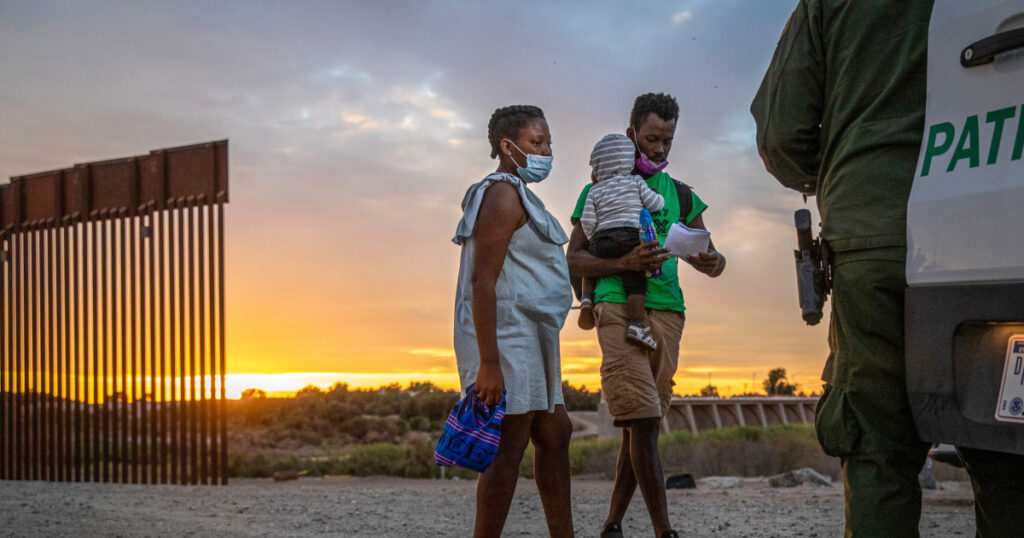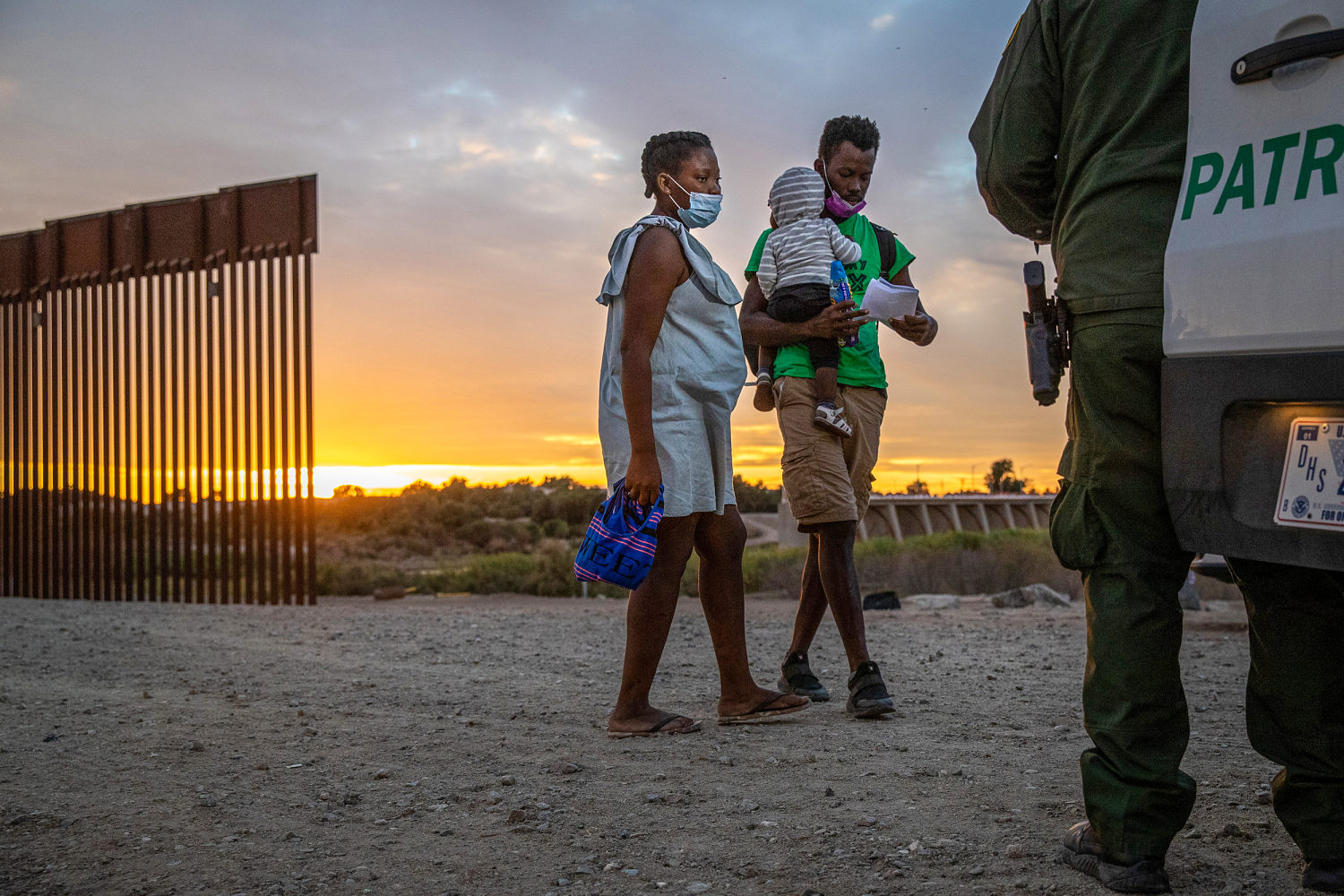

WASHINGTON — The Supreme Court on Friday allowed the Trump administration to revoke temporary legal status granted to more than 500,000 immigrants by the Biden administration.
The court granted an emergency application filed by Homeland Security Secretary Kristi Noem that ends the Biden program that gave 532,000 people from Cuba, Haiti, Nicaragua and Venezuela permission to temporarily live and work in the United States.
The brief order noted that liberal justices Ketanji Brown Jackson and Sonia Sotomayor dissented.
Jackson wrote that the court had failed to take into account “the devastating consequences of allowing the government to precipitously upend the lives and livelihoods of nearly half a million noncitizens while their legal claims are pending.”
The administration was contesting a ruling by Massachusetts-based U.S. District Judge Indira Talwani, who ruled the administration could not sweep away each person’s status without an individualized determination.
Starting in 2022, then-Homeland Security Secretary Alejandro Mayorkas granted what is called parole for two years to people from the affected countries in part to alleviate the surge of immigrants arriving in the U.S.-Mexico border.
The policy, known as the CHNV parole programs, allowed immigrants who passed a security check and who had a sponsor in the United States who could provide housing, to enter the country and stay.
Solicitor General D. John Sauer said in court papers that Talwani did not have authority to rule on the issue, with Noem given authority to make her decision under the federal Immigration and Nationality Act.
The same law gave Mayorkas the discretion to allow the affected immigrants to enter and stay in the country. The Department of Homeland Security said in October 2024 that each person’s parole would not be extended once their two-year approval period expired.
Noem’s move to unwind the Biden action was challenged in court by individuals who would be affected as well as the Haitian Bridge Alliance, an immigrant rights group.
Their lawyers wrote in court papers that if the Trump administration action is upheld, all the parolees will immediately “become undocumented, legally employable, and subject to mass expulsion.”
They noted that Talwani’s decision did not prevent Noem from ending the program, only that the government could not immediately rescind the status of the people already enrolled via a single sweeping order.
The dispute is one of dozens of cases in which the Trump administration has complained about lower court judges blocking its policies even as President Donald Trump has sought to aggressively expand the power of the presidency without the authorization of Congress.
 Latest World Breaking News Online News Portal
Latest World Breaking News Online News Portal






